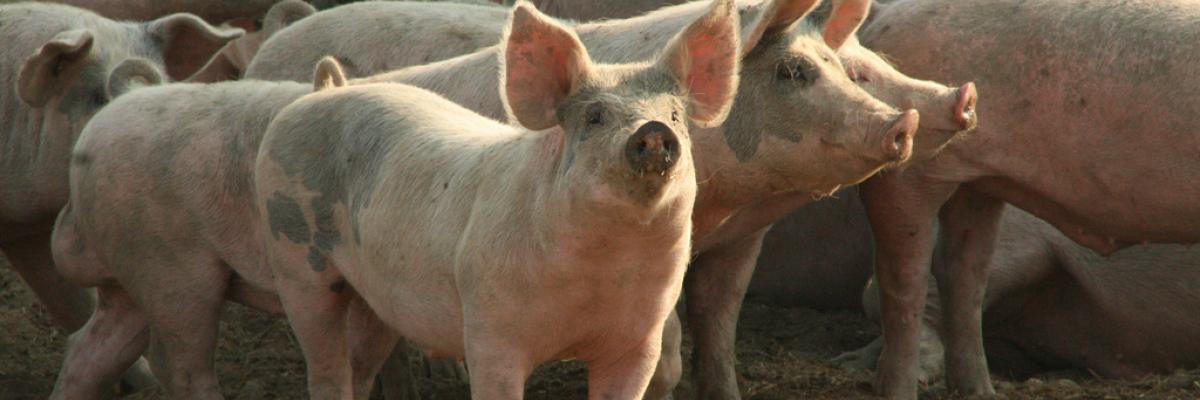

LowInputBreeds
project home page
View the website
This is the home page of the international collaborative LowInputBreeds project that ran from 2009-2014 and was co-ordinated by Newcastle University’s School of Agriculture, Food and Rural Development and the Research Institute of Organic Agriculture FiBL. The project name is an acronym of the 'Development of integrated livestock breeding and management strategies to improve animal health, product quality and performance in European organic and ‘low input’ milk, meat and egg production.'
The project focused on breeding and management strategies of six major production systems and four livestock species: cattle (dairy and beef), pigs, sheep (dairy and meat), and poultry (laying hens), which were the focus of individual sub-projects. A fifth sub-project evaluated all four for ethical, economic and environmental impact.
You can access a range of useful information from the home page, including details about the sub-projects, technical notes and research papers, newsletters, press releases, and information about events.
- It is explained on ‘The project’ page that the project concept was to improve animal health, product quality and the performance of organic and low input production systems through activities that focused on the development of novel breeding concepts/strategies and their integration with appropriate management innovations.
- The series of LowInputBreeds technical notes are particularly relevant for farmers, providing insights and management tips based on project findings. They cover:
- genomic breeding programmes;
- feeding for milk fat quality;
- dairy sheep breeding;
- lamb meat quality in relation to organic and grassland-based systems;
- impacts of diet on sheep milk quality;
- control of gastro intestinal nematodes in low-input sheep and goat production;
- sainfoin as a natural anthelmintic;
- breeding for organic and low-input pig production systems;
- challenges in relation to pork quality;
- saving traditional pig breeds;
- adaptations of sows to rising temperatures;
- piglet management in organic and low-input systems;
- breeding of laying hens;
- high protein feeds for poultry diets;
- egg quality; managing free range laying hens;
- and raising cockerels from free range egg production.
- The last project newsletter (Issue 10) includes a useful summary of project outputs and findings.
